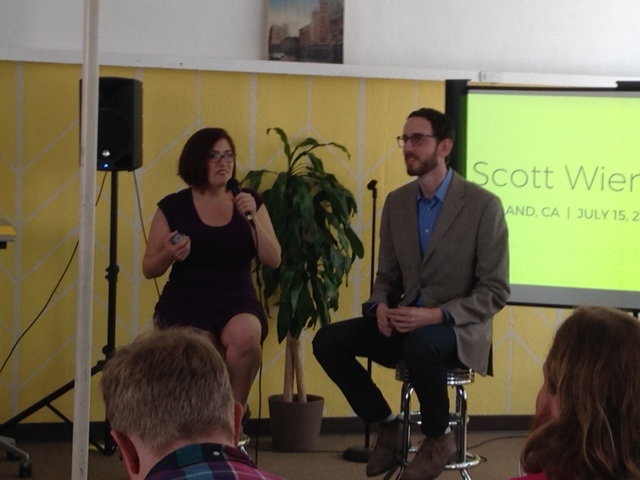The Yimby narrative – that higher density in US cities will bring down housing prices – doesn’t work in real life, a dramatic new study from an MIT doctoral student suggests.
In fact, the study, released today, shows that – at least in Chicago, where author Yonah Freemark complied the data – upzoning for greater density leads to increased housing costs.

There’s no evidence in the study that allowing greater density in areas close to transit actually leads to more construction – certainly not to the construction of affordable units.
Affordability in the areas where the city allowed increased density declined, he reports.
Freemark looked at places in Chicago where the city, in an effort to promote more “smart growth,” changed the zoning laws to allow more density near rail stops. That’s a concept that many modern urban planners have been promoting.
What he found is that the price of land rose in the upzoned areas, housing became more expensive – and there was no discernible increase in the number of building permits or new units constructed.
An increase in housing unit-level values may suggest that affordability for potential new owners on affected parcels declined with upzoning, at least in the short term. On the specific parcels where upzoning occurs, costs appear to go up for individual housing units. The reason why this change occurs is worthy of debate and further analysis. Does an increase in allowed construction make redevelopment more feasible and thus inflate sales prices? Does it increase the perceived amenity value of the neighborhood, since more shops and the like may come in?
Reducing parking requirements – another big issue for planners – also increased the value of the property, the study shows.
You can download the article here.
Freemark, who already has two master’s degrees in urban planning and transportation and is a PhD candidate, doesn’t address San Francisco. And Chicago is a very different city.
But his study support what we have seen here – and what any basic economic logic should show. If you allow increased density in an already-dense city, you make the land more valuable. (Homeowners who oppose density on the belief that it will bring down property values are, in almost all parts of San Francisco, wrong.)
When land gets more valuable, housing prices and rents rise – not only on that site, but in the surrounding area.
And – because housing development is so tied to factors like international capital availability – there’s no guarantee that new, denser (and more affordable) housing will ever get built.
I am not an opponent of density – but I am an opponent of policies that wind up driving up housing costs and driving out existing residents.
Freemark is not an opponent of density, either; he tweeted that “I did not expect nor ‘want’ this conclusion,” and he said that upzonings in the long term may still be good at the metro level.
He also says that his time period of five years may be too short to draw extensive conclusions.
So he’s not some anti-development radical.
But he puts into perspective some of the calls from the local Yimbys, who have said that eliminating all single-family housing in the city and (as Sen. Scott Wiener says) “legalizing apartment buildings”) will lead to more affordable housing.
There is not data that I know of showing that to be true. And now there is some good data suggesting that it may be entirely false.
It’s funny: the Yimbys complain about the progressives who they say were responsible for limiting new housing. Actually, I was there — from 1981 to now — and what progressive urbanists tried to do, and ultimately succeeded with Prop M in 1986 — was to limit office growth because we lacked the housing for the influx of new workers.
Then the suburbs built tech offices and exported their housing problem to San Francisco, and in this city, developers were allowed to cheat Prop. M and create new office space (for Twitter!) without paying for housing.
New office space means new demand for housing. Why are the Yimbys not demanding this sort of linkage?




